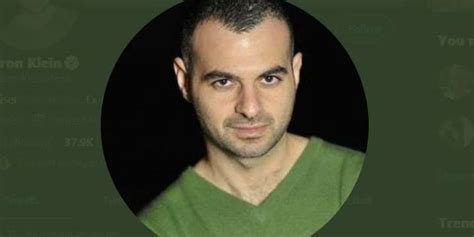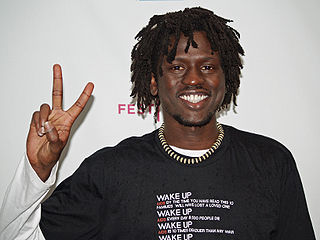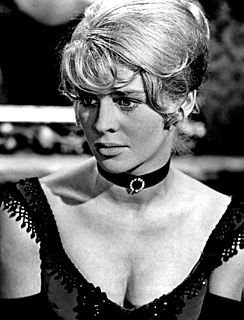A Quote by Maajid Nawaz
I became, suddenly, not just a Muslim in faith. I became a Muslim in politics. Somebody whose politics were pre-defined by one interpretation of Islam.
Related Quotes
How did the Turks become Muslim? They became Muslim through the Sufis. The Arabs never conquered the Turks. There were people in early Islam who were speaking like Hallaj, who spoke about the Truth, about reaching the Truth, about being one with the Truth, and not only they were not killed, but they were great heroes of their own culture, and there is a university in Turkey named after one [Sufi Saint.]
Was Sen. Barack Obama a Muslim? Did he ever practice Islam? The presidential candidate officially rejects the claims, but the issue of Obama's personal faith has re-emerged amid conflicting accounts of his enrollment as a Muslim during elementary school in Indonesia, the world's most populous Muslim nation.
When somebody is flying airplanes into buildings and killing innocent people in the name of God, it makes you question why do they have that interpretation and somebody else has another interpretation, and how many people of Muslim faith would agree with that, and what are the different aspects of different people's religions that is so divisive, rather than being unifying?
300 years after the rise of Islam there were Zoroastrians in Iran. The Muslim armies never forced people to accept Islam. It was only within Arabia that God ordered the idolaters to have a choice of either embracing Islam or fight against Muslims, because He wanted to remove this terrible idolatry that exited there. But outside Arabia where Islam met Christians, Jews, Zoroastrians and Hindus, they were given a choice by and large. That's why many Christians and Jewish communities survived in the Muslim world, but gradually many of them embraced Islam for different reasons.
Talk to me 20 years ago and I had a complete sense of illegitimacy as an American Muslim. I felt like I wasn't authentic. But I don't understand and I don't believe or subscribe to this idea that I don't have a right to speak as a Muslim because I'm an American. Being Muslim is to accept and honor the diversity that we have in this world, culturally and physically, because that's what Islam teaches, that we are people of many tribes. I think the American Muslim experience is of a different tribe than the Saudi Muslim world, but that doesn't make us less than anyone else.
The religiously observant is lumped in with the nominal Muslim, the nominal Muslim is lumped in with the non-Muslim and the radical. If we want to make sense of this mess and stop pushing Muslims into the arms of the extremist, we need to make meaningful distinctions between the religion of Islam that a billion Muslims follow and see as a guidance as a peaceful righteous moral life and the puritanical Islam of a minority which so captures the media's attention.




































